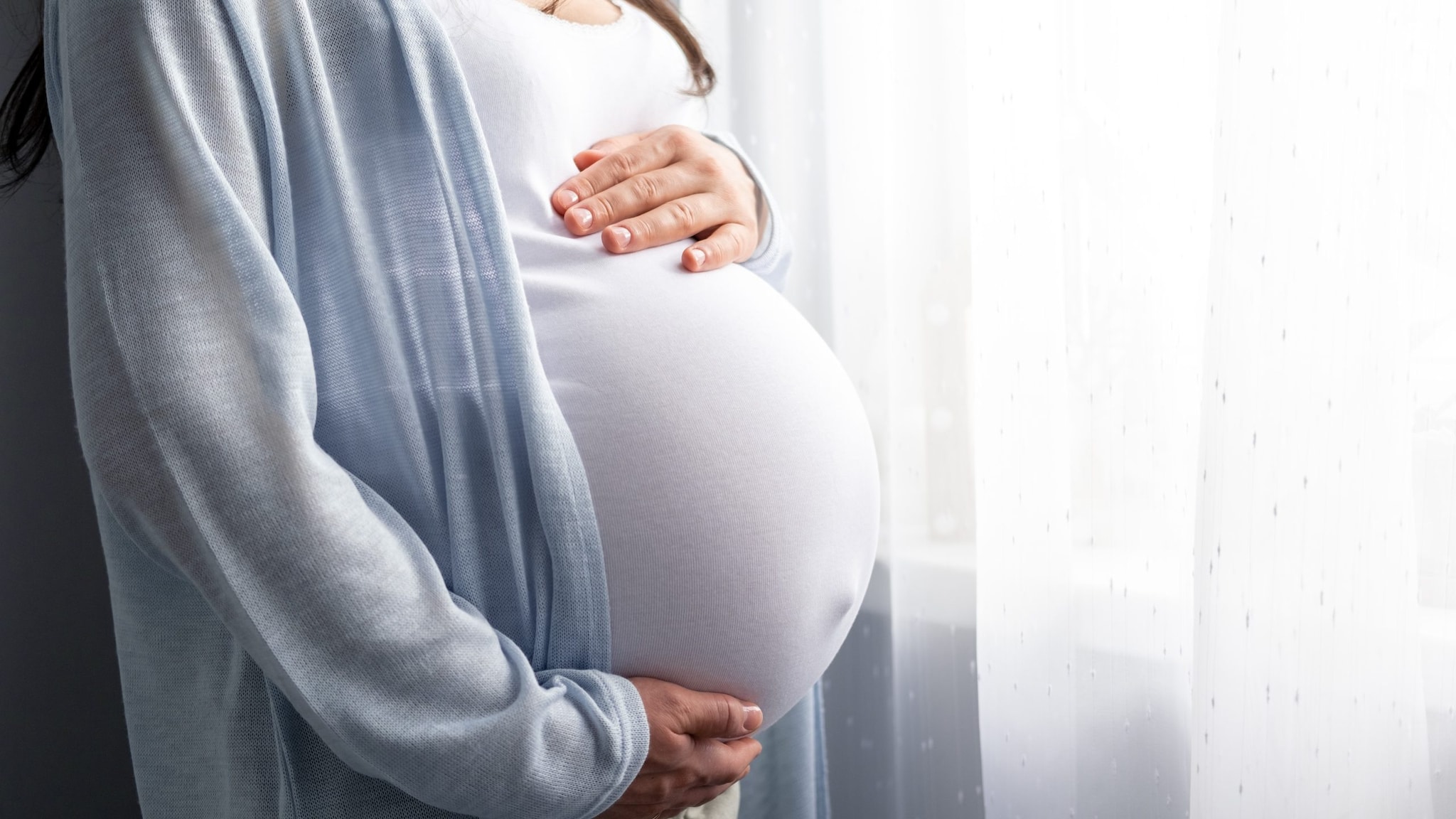Key points
- Pregnant women might be at an increased risk of a reaction to yellow fever vaccine.
- Pregnant women also might not develop a good response (e.g., long-lasting antibody levels) to the vaccine.

What you need to know
Yellow fever vaccine has been given to many pregnant women without any adverse effects on their pregnancy. However, since yellow fever vaccine is a live virus vaccine, it might pose a risk.
Pregnant women should avoid or postpone travel to an area where there is risk of yellow fever. If travel cannot be avoided, discuss vaccination with your healthcare provider.
If you are vaccinated during pregnancy, you are unlikely to have any problems from the vaccine and your baby is very likely to be born healthy.
You should consider delaying becoming pregnant after receiving the vaccine. While a two-week delay between vaccination and conception is probably enough, a one-month delay is typically recommended as a safer approach.
Being pregnant can lower your ability to respond to vaccines, like yellow fever. If you are vaccinated during pregnancy, discuss with your healthcare provider about whether you should receive another dose of the vaccine if you continue to be at risk.
For more information, visit Yellow Fever Vaccine Information for Healthcare Providers.
